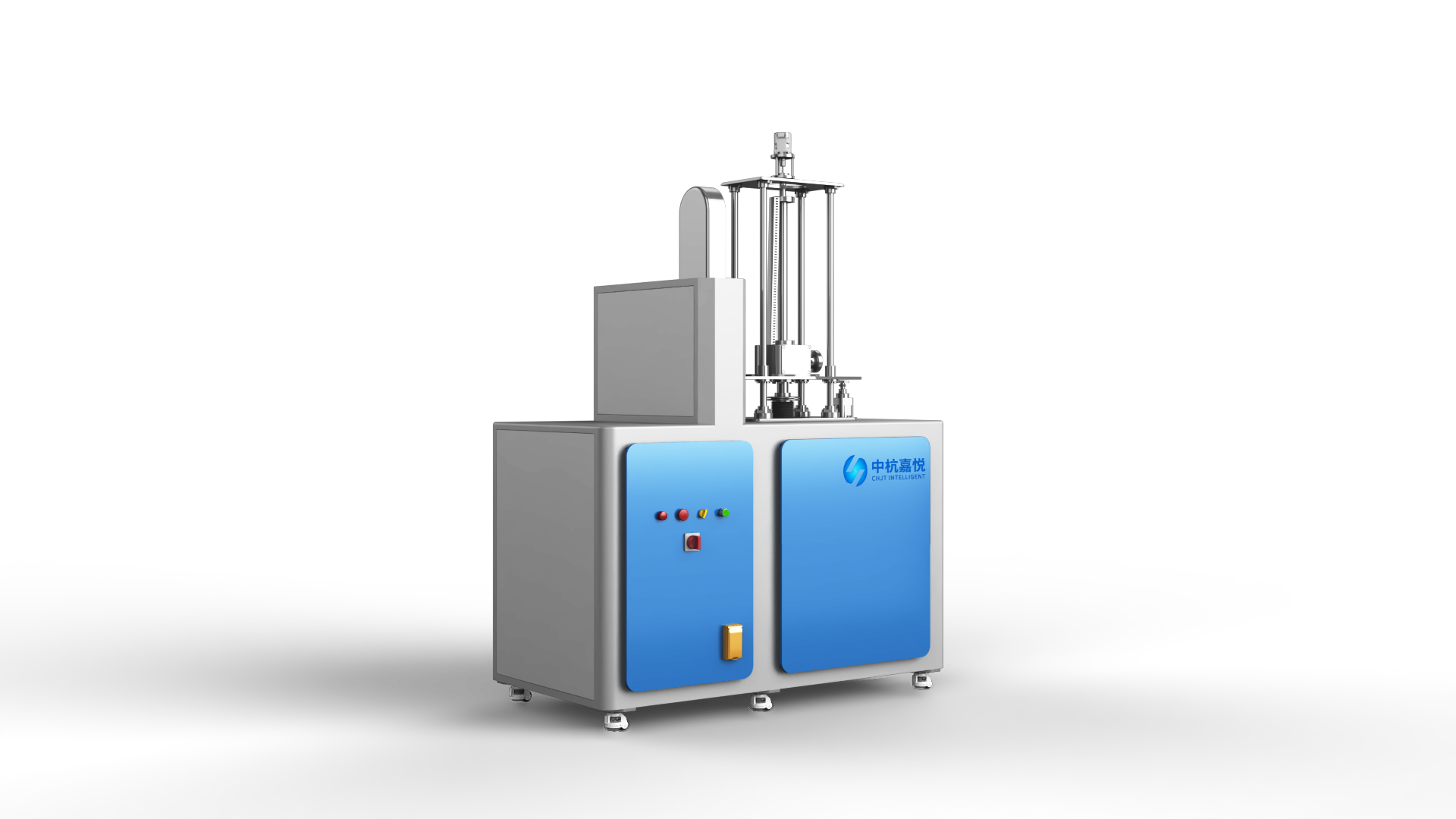A viscometer is a precision instrument used to measure the viscosity of fluids. Viscosity, a critical property of fluids, describes their resistance to flow and deformation. Accurate measurement of viscosity is essential in various industries, including pharmaceuticals, chemicals, food and beverages, and petrochemicals. This article explores the key functions of a viscometer, its types, and its applications in different fields.

1. Measuring Fluid Viscosity:
Definition of Viscosity: Viscosity is a measure of a fluid’s internal friction or resistance to flow. It can be thought of as the "thickness" or "stickiness" of a fluid. For example, honey has a higher viscosity compared to water.
Measurement Process: A viscometer measures viscosity by evaluating the fluid's resistance to shear or flow under specific conditions. The measurement is typically expressed in units such as centipoise (cP), poise (P), or millipascal-seconds (mPa·s).
2. Evaluating Fluid Behavior:
Newtonian Fluids: For Newtonian fluids, viscosity remains constant regardless of the shear rate. Viscometers can provide a straightforward measurement of viscosity for these fluids.
Non-Newtonian Fluids: Non-Newtonian fluids exhibit variable viscosity depending on the shear rate or stress applied. Viscometers can analyze how viscosity changes with different flow conditions, providing valuable insights into the fluid’s rheological properties.
3. Quality Control:
Consistency: In manufacturing processes, maintaining consistent viscosity is crucial for product quality. Viscometers are used to monitor and control the viscosity of products such as paints, coatings, and lubricants.
Compliance: Regulatory standards often require specific viscosity ranges for products. Viscometers help ensure that products meet these standards, ensuring compliance and quality.
4. Research and Development:
Formulation Development: In industries such as pharmaceuticals and chemicals, viscometers are used to develop and optimize formulations. Accurate viscosity measurements are essential for creating products with desired flow characteristics and stability.
Process Optimization: During research and development, viscometers assist in optimizing processing conditions and formulations to achieve desired product performance.
5. Process Monitoring:
Real-Time Measurement: In industrial processes, viscometers provide real-time monitoring of fluid viscosity. This enables operators to adjust process parameters dynamically to maintain optimal conditions and product quality.
Troubleshooting: Changes in viscosity can indicate issues in the process or product. Viscometers help identify and address problems such as contamination, degradation, or equipment malfunction.
1. Pharmaceutical Industry: Viscometers are used to ensure the proper consistency of medications, ointments, and other pharmaceutical products, affecting their efficacy and stability.
2. Chemical Industry: Accurate viscosity measurement is essential for chemical formulations, including polymers, adhesives, and coatings.
3. Food and Beverage Industry: In this industry, viscometers help maintain product consistency and quality, including sauces, syrups, and dairy products.
4. Petrochemical Industry: Viscometers are used to analyze the viscosity of fuels, lubricants, and other petroleum products, which is critical for processing and quality control.
5. Manufacturing: In various manufacturing processes, viscometers help monitor and control the viscosity of raw materials and finished products, ensuring optimal performance and quality.
Viscometers play a crucial role in measuring and understanding fluid viscosity, which is fundamental to various industrial and research applications. By providing accurate and reliable viscosity measurements, viscometers help ensure product quality, optimize processes, and support research and development efforts. Understanding the functions and types of viscometers enables industries to select the appropriate instrument for their specific needs, leading to improved efficiency and product consistency.


